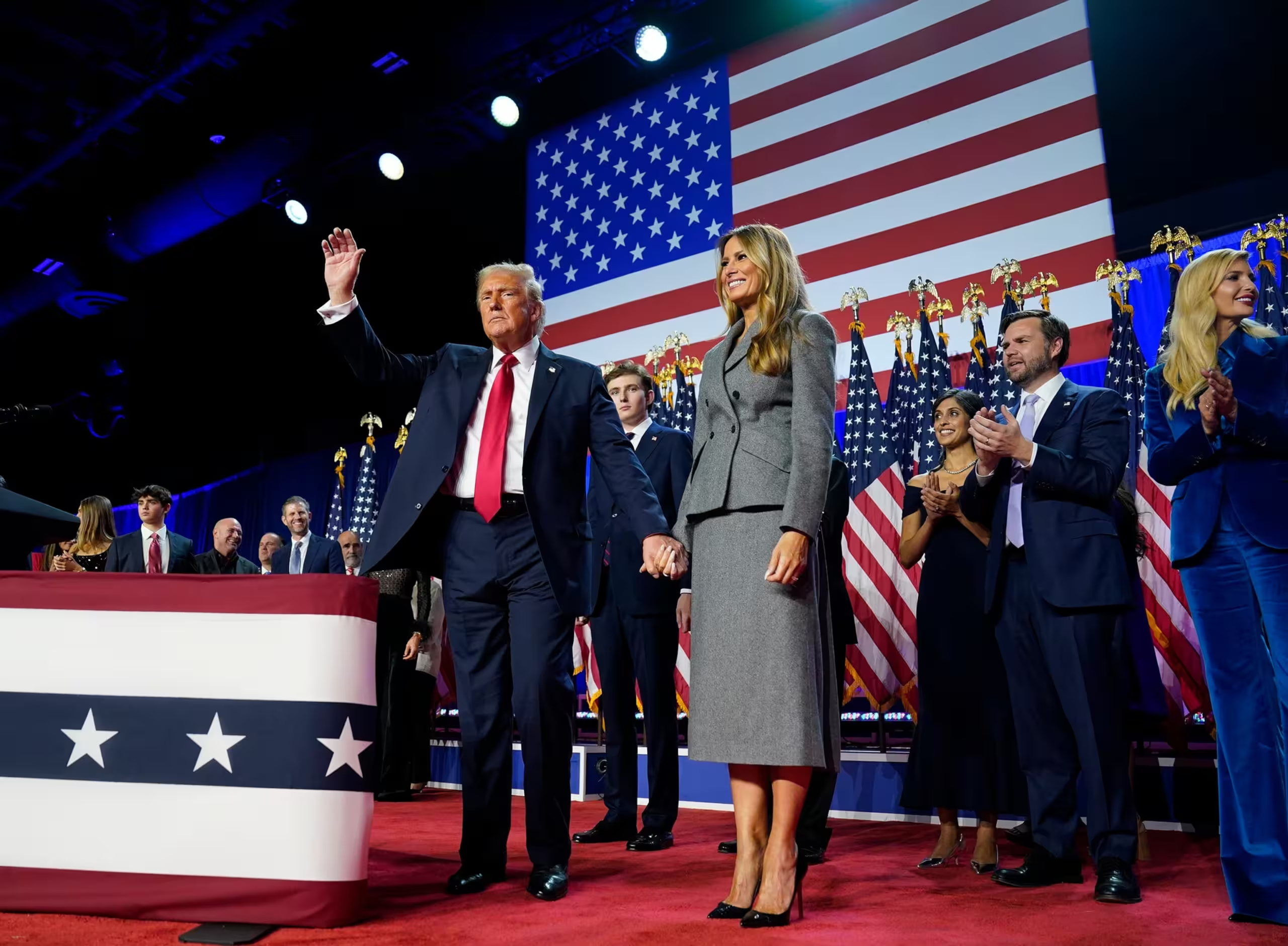Former President Donald Trump campaigned, promising to pardon those convicted for their role in the January 6 Capitol riot. The proposed pardons have received extensive reactions across the political spectrum. While proponents read the move as a fulfilling promise to his base, others say the move may bring dire implications for accountability and the rule of law.
About the Promise
Trump has consistently referenced, at rallies and in the media the defendants who were charged and convicted for their roles in the January 6 event, often characterizing them as “political prisoners” or “patriots.” He has even hinted during campaigning that he might pardon some, or all, of those convicted of crimes related to the riot if he wins re-election. The remarks align with Trump’s long-standing view that the riot represented, in his words, a “fight for fair elections,” and he has kept saying many involved were not treated fairly by the judicial system.
The January 6 Riot and Legal Fallout
The siege occurred on January 6 at the US Capitol as members of Congress convened to ratify the 2020 election results for president. Hundreds have been arrested on charges ranging from trespassing to assault, with seditious conspiracy added recently to many of their counts. Dozens have been convicted so far, and some face multi-year sentences.
Legal experts state that this kind of blanket pardon for convicts in a domestic attack against the government would go unheard of and might test the limit of presidential pardon powers.
More:US Urges Qatar to End Hosting of Hamas Amid Stalled Ceasefire Efforts
Political Responses
Trump’s comments have prompted varied reactions among lawmakers. Some Republican leaders in the Senate have referred to him as one who is standing up for his base. On the other hand, the other faction of the same party has shown reservations, pointing out that this might be the backdoor through which public perception of the party and law and order will go down the drain.
Democratic leaders have vehemently opposed the possibility of pardons, citing several officials that such actions may serve to excuse politically motivated violence. House Speaker Nancy Pelosi criticized Trump’s pledge as “a signal that insurrection is tolerable in America” and urged accountability for individuals involved in storming the Capitol.
Public Reactions and Next Steps
Public reaction has varied. Trump’s admirers generally support these potential pardons as a statement of loyalty and clemency for individuals they believe were deceived or wrongfully prosecuted. Civil rights groups and legal scholars countered their concerns about what those pardons would signify for the nation’s justice system.
As Trump continues making hints about the clemency plans, legal specialists now argue that if he continues pursuing that direction, Congress will attempt to define or limit the presidential pardon, actions likely to meet a constitutional challenge.















